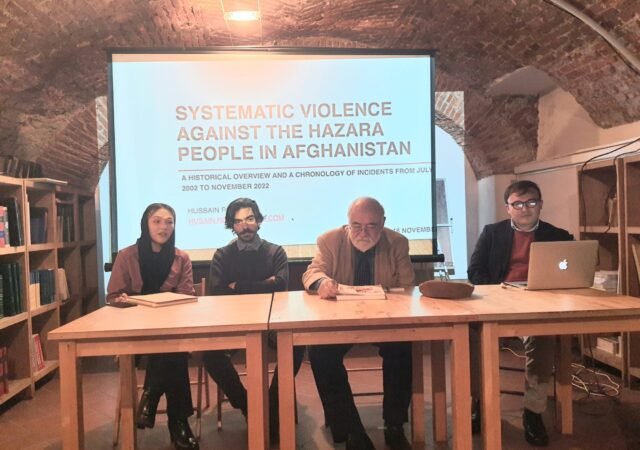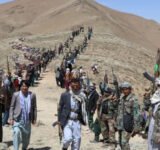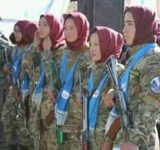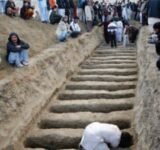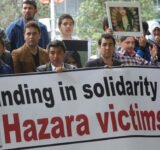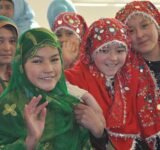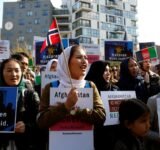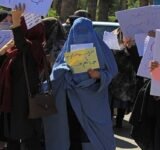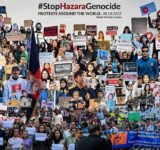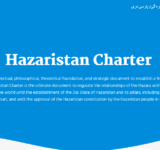Shamim, 28
Shamim’s family sought refuge in Pakistan in hopes of escaping persecution in Afghanistan. However, due to their Shi’a faith and distinguishable features, Hazaras became an easy target for terrorist attacks by extremist groups. “I never felt safe,” Shamim says. “Hazara people can’t live or travel freely without fear of being attacked, because our face is recognizable.”
In Pakistan, Hazaras lived in fear. “Our homes were shaking most of the time because of the bombs,” Shamim says. “My family and I would go find the bodies of our loved ones.” In 2011, Shamim returned to Afghanistan to continue her education, but faced daily discrimination. “People would come into a room where Hazaras were taking an exam and beat them and teachers would fail Hazara students.” When applying for a scholarship, administrators warned her to “not let them realize you are a Hazara – they’ll kick you out of university.”
Shamim says it is hard for people to understand that Hazaras are persecuted because “there is a lot of suffering in the country and it is hard for them to differentiate suffering. It hurts because I experienced it.” Shamim persevered, and she is now a nurse in Canada. She works tirelessly at the hospital during the COVID-19 pandemic to save lives.
source: https://www.unhcr.ca/


